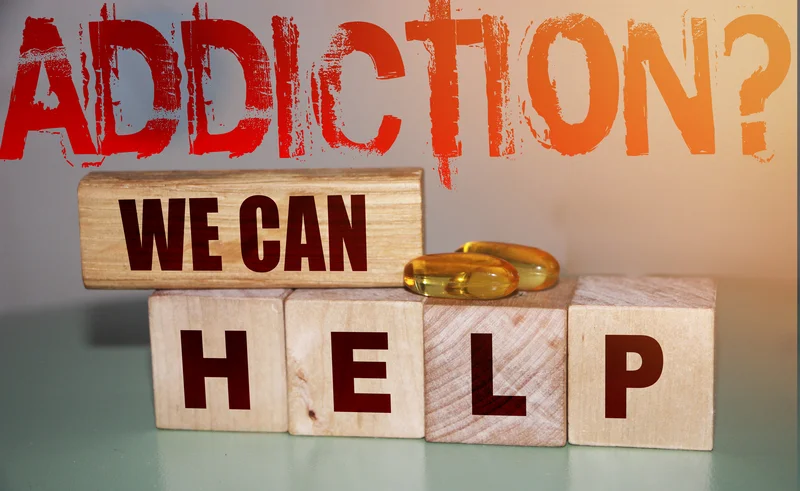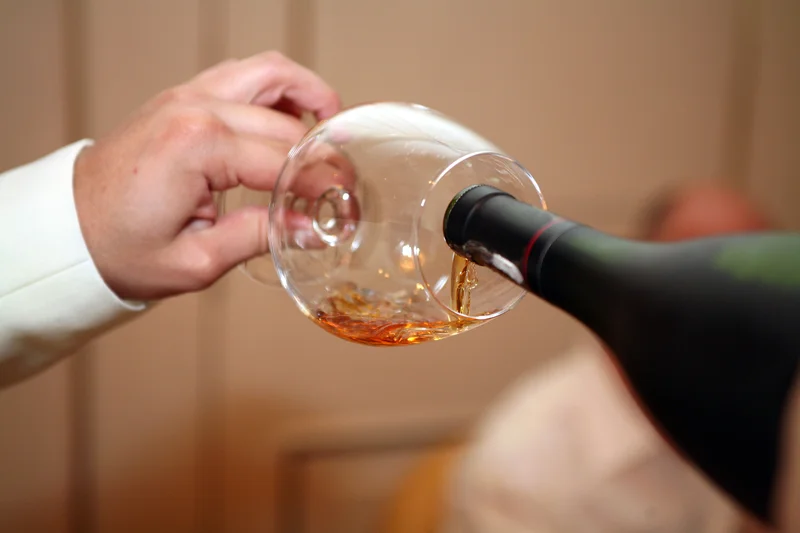
Family therapy, education, training, and community support can provide families with the resources and tools to help their loved ones overcome addiction. An alcohol intervention is a planned process where family, friends and often a professional talk to someone about their drinking problem. The goal is to help the person realize they need help and to encourage them to get it.
Lifestyle Quizzes
- AUD can be mild (the presence of two to three symptoms), moderate (the presence of four to five symptoms), or severe (the presence of six or more symptoms).
- Interventions do not work for everyone, and the success rate can vary based upon the type of intervention carried out, as well as the severity of the loved one’s addiction.
- Drug and alcohol support groups provide nonprofessional assistance for individuals with similar conditions seeking long-term recovery from substance abuse.
- “If you don’t show up to work, you will be fired” is an ultimatum most people would heed.
- Holding the intervention at home might allow the person certain “outs,” like the retreat to a bedroom or bathroom.
With the the help of alcohol treatment providers, they can take back control of their life and their happiness. After intervening with an alcoholic, it’s essential to encourage them to seek help immediately. This may involve discussing treatment options or rehabilitation programs. Regardless of their initial response, it’s important for marijuana addiction family and friends to continue providing support while respecting their journey toward recovery. If you are planning to hold an intervention with a loved one, your next question may be what their alcohol addiction treatment program will consist of and what it will be like. Several types of treatment programs for alcohol use disorders (AUD) are available.
Don’t Accept Unacceptable Behavior
- Sometimes interventions occur when family and friends become concerned about the consequences of substance abuse on their loved one’s life.
- Timing is crucial; avoid moments when they are under the influence or stressed.
- Your intervention will ensure that this is a safe procedure under the 24-hour surveillance of our highly qualified medical team.
- This is often the point that requires each member to identify the boundaries they need to impose to feel safe.
- Presenting a well-thought-out treatment plan and expressing ongoing support is key to showing the person that the intervention is a chance for them to heal.
Often, in trying to “help,” well-meaning loved ones will how to intervene with an alcoholic actually do something that enables someone dependent on alcohol to continue along their destructive paths. Make sure that you are not doing anything that bolsters their denial or prevents them from facing the natural consequences of their actions. What might seem like a reasonable expectation in some circumstances might be totally unreasonable when it comes to someone with an addiction.

Create a Clear Goal for the Intervention

Learn how to find higher quality, science-backed alcohol treatment to raise your changes for success. During admission, the person will speak with a treatment provider who will assess their physical, emotional, and psychological health and begin structuring a personalized treatment plan. The role of an intervention specialist is to act as the neutral third party.
- If the person who is the subject of the intervention refuses treatment, it is important for family members to maintain boundaries, such as refusing to give the person money.
- It’s essential to choose a model that resonates with the person and their specific needs.
- However, signs are always present, and it’s simply a matter of knowing what to look for.
Alcohol Support Groups

Continue to encourage reduction or cessation of alcohol intake and provide feedback on the mental, physical and social consequences of the addiction. Strong, ongoing psychosocial support plays an important role in overcoming addiction. An intervention helps the addicted person and also their friends and family. It’s an opportunity to draw a line in the sand and state the consequences for the addicted person if they choose not to accept help and undergo treatment. At Infinite Recovery, we offer comprehensive intervention services and personalized treatment plans to address the unique needs of everyone. If you have made several unsuccessful attempts, consider consulting with an intervention specialist.
What if your loved one refuses to enter treatment?

An intervention is not a place to embarrass, shame, or scold the person struggling with addiction; these tactics are more likely to make the person retreat further into substance abuse patterns. Take our free, 5-minute substance abuse self-assessment below if you think you or someone you love might be struggling with substance abuse. The evaluation consists of 11 yes or no questions that are intended to be used as an informational tool to assess the severity and probability of a substance use disorder.
How long is a “brief” intervention?
When addressing drinking problems, it’s important to also seek treatment for any accompanying medical and mental health issues. Just as some people with diabetes or asthma may have flare-ups of their disease, a return to drinking can be seen as a temporary setback to full recovery and not as a failure. Seeking professional help can prevent a return to drinking—behavioral therapies can help people develop skills to avoid and overcome triggers, such as stress, that might lead to drinking. Most people benefit from regular checkups with a treatment provider. Medications can also deter drinking during times when individuals may be at greater risk for a return to drinking (e.g., divorce, death of a family member).

What are the Different Models of Intervention?
When someone with an AUD enters rehab, that is the beginning of their recovery journey and yours. You both must make changes to avoid repeating the same mistakes in the future. It is best to try and talk with your loved one while they are sober and not under the influence of substances. Trying to communicate with someone who is unable to speak or think clearly is a waste of time. The alcohol has affected parts of their brain that won’t allow them to understand or remember what you are trying to say.
